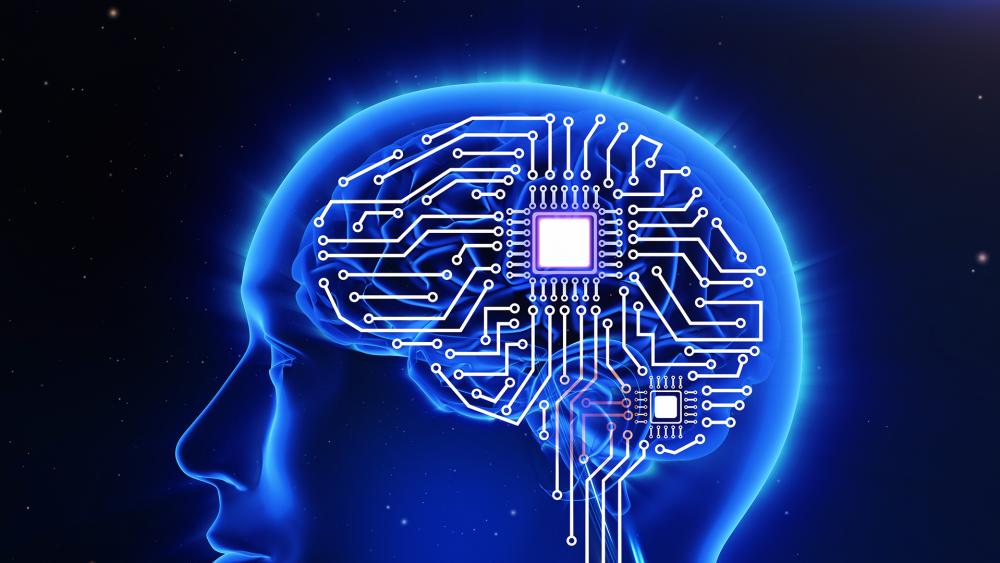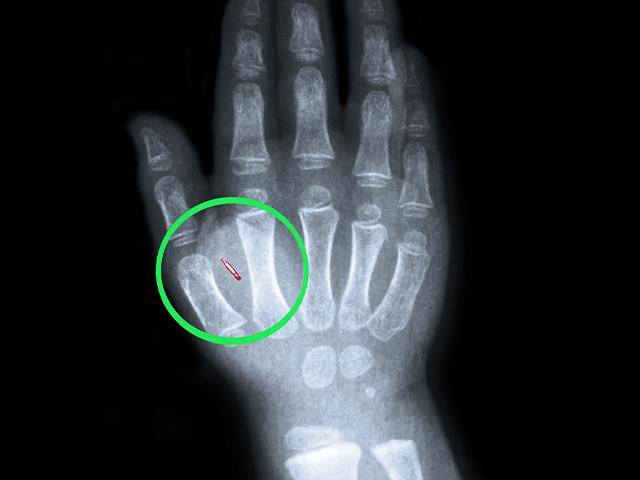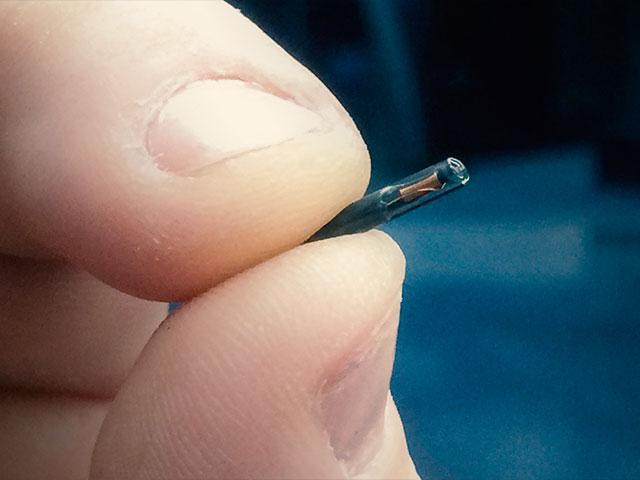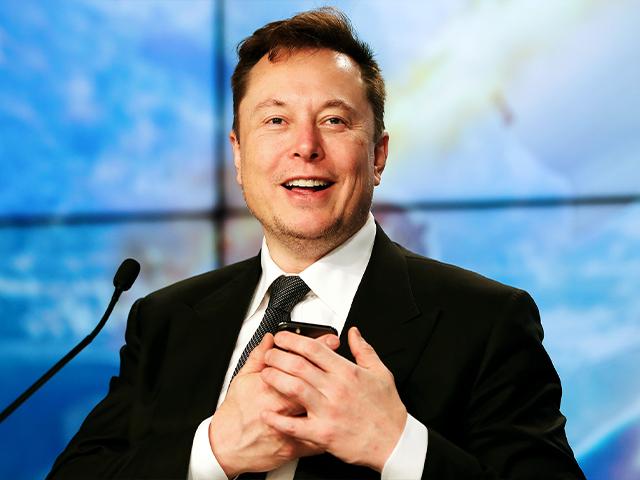It has been the subject of science fiction stories, and movies for years. Technology fused with the human body or brain to help us think faster, fight off disease, store memories, and in theory, have a longer, more productive life.
Some forward-looking analysts think such a human-machine cyborg fusion would upgrade humanity from our Human species to more of a Human 2.0 – a designation that could be made for a biomedical upgrade using technology or enhancements to improve people's lives.
But a recent John Zogby Strategies nationwide online poll of likely voters reveals widespread worries about such future technology that's being worked on by tech pioneers like Metaverse's Mark Zuckerburg, Elon Musk, the founder and CEO of Tesla and Space X, and Klaus Schwab, the founder of the World Economic Forum.
Zogby asked respondents about Musk's prediction on having a microchip implanted in a human brain: Is it the next level of human evolution/life-improving or do you worry it will bring humanity under totalitarian control?
An overwhelming 77% of those polled worry "microchip implants will be used to usher in a never-before-seen level of totalitarian control." Only 10% said it will improve lives, according to the pollster.
***Please sign up for CBN Newsletters and download the CBN News app to ensure you keep receiving the latest news from a distinctly Christian perspective.***
The same people were also asked about Schwab's prediction that humans will one day merge with Artificial Intelligence or A.I. Respondents were asked if they thought it would improve their lives or if they were not interested in joining with A.I.
Zogby reports almost 7 out of 10 (67%) prefer to remain human and "not merge with A.I." Only 18% believe the transition would bring about "new heights of prosperity."
Zogby Managing Director Jeremy Zogby noted the support for merging with A.I. appears highest among the 18 to 25-year-old age group.
"Does this signal a rift in our species down the road? When young adults mature, will as many still be willing to take a leap of faith towards tech-driven evolution?" he asked.
"It is likely to become the top issue of the day in the near future," Zogby predicted.
So far, getting humans to adopt microchip implants has been a tough sell. As CBN News has reported, many Christians reject them because of concern they could be a prelude to "the mark of the Beast" which Revelation chapter 13 says will be "a mark on their right hand or on their foreheads."
But the marketing "tipping point" for implantable chips, The Atlantic noted in 2018, will come "when they become so useful they're hard to refuse; when their benefits outweigh our anxieties about them. It could happen sooner than you think."
There's another question that must be asked. Could A.I. implants mean a better life for those who are stricken with certain ailments or diseases?
The Guardian reports Musk's brain chip startup is getting ready to begin clinical trials. He publicly predicted last year that his Neuralink company's first product "will enable someone with paralysis to use a smartphone with their mind faster than someone using thumbs."
Musk said last month he was cautiously optimistic that the implants could allow tetraplegic people to walk, according to the newspaper.
"We hope to have this in our first humans, which will be people that have severe spinal cord injuries like tetraplegics, quadriplegics, next year, pending FDA approval," he told the Wall Street Journal's CEO Council summit.
"I think we have a chance with Neuralink to restore full-body functionality to someone who has a spinal cord injury. Neuralink's working well in monkeys, and we're actually doing just a lot of testing and just confirming that it's very safe and reliable and the Neuralink device can be removed safely."
So far, Neuralink has successfully transplanted A.I. microchips in the brains of a macaque monkey and a pig. The company is now recruiting for a "clinical trial director" to run tests of the technology in humans, according to The Guardian.
Last year, the company released a video showing a monkey playing MindPong, and how such technology could work in a paralyzed human.
But there are ethical questions that arise from the use of such technology. Biochemist Dr. Fazale Rana, vice president of research and apologetics at Reasons to Believe, told Biola University's blog Think Biblically that he thinks there's nothing wrong with using technology to augment or extend our capabilities.
"What I think is interesting and different about enhancement technologies is that we're actually looking at fundamentally altering our makeup as human beings," he said.
"But I think intuitively we would all recognize that there seems to be a line that we can cross where we suddenly are probably in an ethical gray zone where that enhancement may go one step too far," Rana told blog hosts, Sean McDowell, and Scott Rae.
Mentioning Musk's company's computer-brain interfaces, he noted, "Could we use computer-brain interfaces to actually tether our brains together where we could actually tether our brains with a number of different people that are in remote locations around the world."
"And now we begin to see scenarios where you wonder, are we actually losing our identity as a human being? We'll begin to kind of meld our brains into a larger collective where maybe we would lose control of our capacity to think where somebody else could influence our actions through their thoughts," the biochemist said.
"So this is where things start to get really kind of weird and science-fictiony like, but where you begin to, I think, develop some ethical adjuncts about whether this is a technology we should pursue," Rana explained.
Did you know?
God is everywhere—even in the news. That’s why we view every news story through the lens of faith. We are committed to delivering quality independent Christian journalism you can trust. But it takes a lot of hard work, time, and money to do what we do. Help us continue to be a voice for truth in the media by supporting CBN News for as little as $1.












 Support CBN News
Support CBN News











